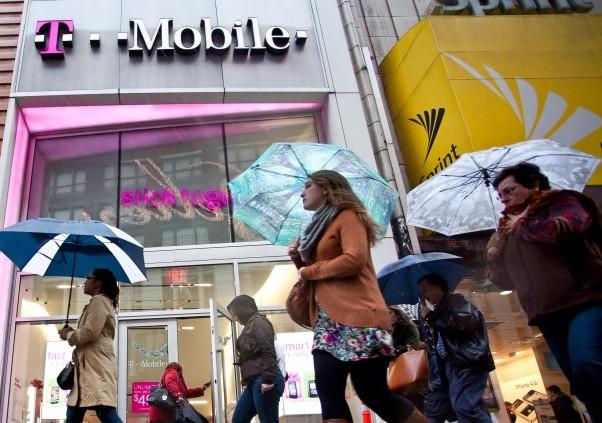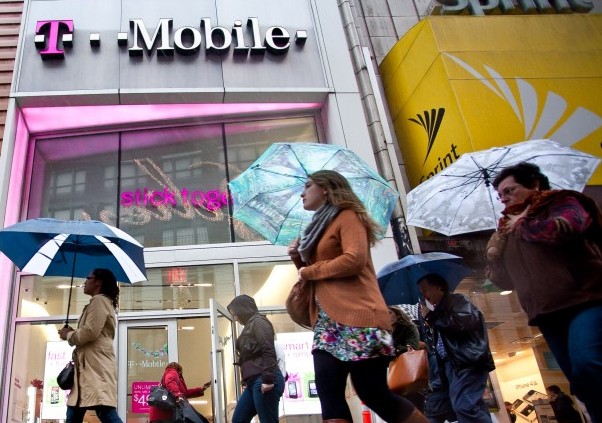NEW YORK—Discount phone stores, 99-cent stores, cheap, fast food, and tax businesses are thriving in today’s depressed economy. Family Dollar, a nationwide brand, went from five to 44 locations in New York City in one year. Subway opened 41 new locations in the city last year, for a total of 430 stores—not quite toppling Dunkin' Donuts’ 466 locations, but the latter has added none since 2010.
Liberty Tax added 27 locations in New York City since 2010 and around 500 locations nationwide every year for the past five years.
“Our industry is recession resistant,” said John Hewitt, founder and CEO of Liberty Tax. “During the worst recession of our lifetime in 2009 and 2010 we opened over 800 locations nationally. There is not another company in America that opened 800 locations in those two years.”
The outlook is not so cheery for other businesses in the sluggish economy. Overall, the rate of new chain stores in New York City slowed to 1.6 percent since 2010, according to a recent survey released by the Center for an Urban Future.
Online retailers are taking a chunk out of the traditional retail businesses as well. Apparel retailers like Gap, Ann Taylor, and American Apparel have all reduced their presence in New York City.
“The big issue for opening and closing traditional stores is going to be online sales. That is going to be a huge issue. Traditional retailers are not going to open stores at the same pace,” said Howard Davidowitz, chairman of Davidowitz & Associates Inc, a national retail consulting and investment banking firm.
Consumers are trading down across the board due to huge unemployment numbers, Davidowitz said.
Gallup polls state that 18 percent of Americans are underemployed. The Bureau of Labor Statistics state that 9.1 percent of Americans are unemployed; in New York City the rate sits at 8.8 percent.
T-Mobile, MetroPCS ride the discount trend
Cell phone carriers with retail locations in New York City that offer discount all-in-one packages are expanding. Alternatively, those that offer pricy talk, text, and web packages, or no unlimited all-in-one packages at all, have reduced their presence in the city.
Since 2010, T-Mobile and MetroPCS, both of which offer discount packages, added 44 and 56 stores respectively. During the same period, Verizon, which offers no discount packages, reduced its presence by 43 stores. Sprint, whose $99, talk, text, and web package is almost twice as expensive as T-Mobile’s, reduced its retail store count by 26. AT&T, which offers no all-in-one package, has added one store since 2010.







